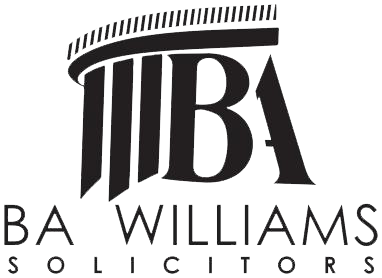The High Court dismissed an application for an injunction without notice to prohibit any sale, transfer or disposal of two properties due to the lack of any basis for a legal challenge against the writs.
Background:
The claimant, the "Trustee of the House of Leigh Trust (HOLT), Beneficiary Tobe Hayden Leigh", started an application for a without-notice injunction to prohibit any sale, transfer or disposal of two properties. While there was a repossession of one of the two properties, the injunction was intended to prevent any further steps. Regarding the other property, the injunction sought to prevent any repossession.
The Bank of Scotland obtained an order in its favour in March 2024 and there has been communication among the solicitors as to the validity of the writs of possession. The primary legal issues centre around the validity of two writs of possession and control that have been issued.
Decision:
The High Court dismissed the injunction application due to the insufficient basis for a legal challenge against the writs. Fordham J ruled that “I am not prepared to entertain an application for an injunction order which would impede the enforcement of these writs of possession, which it is accepted were received in June 2024 brought, with no notice being given to Bank of Scotland or its solicitors.” Although he accepted the urgency in light of the eviction, he noted, “it could nevertheless not, in my judgement, possibly be right to be making orders to restrain further action in relation to that property (39 Glebe Lane) or the other property (476 Tonbridge Road) without any notice being given to Bank of Scotland.”
The Judge was unconvinced that there was any reason for starting proceedings without notice and unilaterally. Injunction without notice will only be granted by courts if there is a good reason for not giving the respondent any notice.
The Court noted that there was no reason why any legal challenge to the writs could not have been raised in the previous proceedings. Fordham J ruled “It is not, in my judgement, open to a person receiving such documents simply to wait and then bring fresh proceedings seeking injunctive relief. It is important that procedural rights are exercised in the proceedings in which they arise, and exercised promptly.”
Finally, regarding the access to court records, the Court did not provide a sufficient foundation for the injunction sought.
Implications:
This is a very short judgement with the Court explaining its reasoning very concisely. This decision makes it clear that an injunction without notice is only accepted if there is a good reason. It underscores that, while the right to access documents from the Court records is an important part of the principle of open justice, such a right does not provide a sufficient foundation for an injunction without notice.
It is also very clear that any challenge to a possession order should be done promptly as the courts will be unwilling to grant injunctive relief for parties who have ‘simply waited’.




